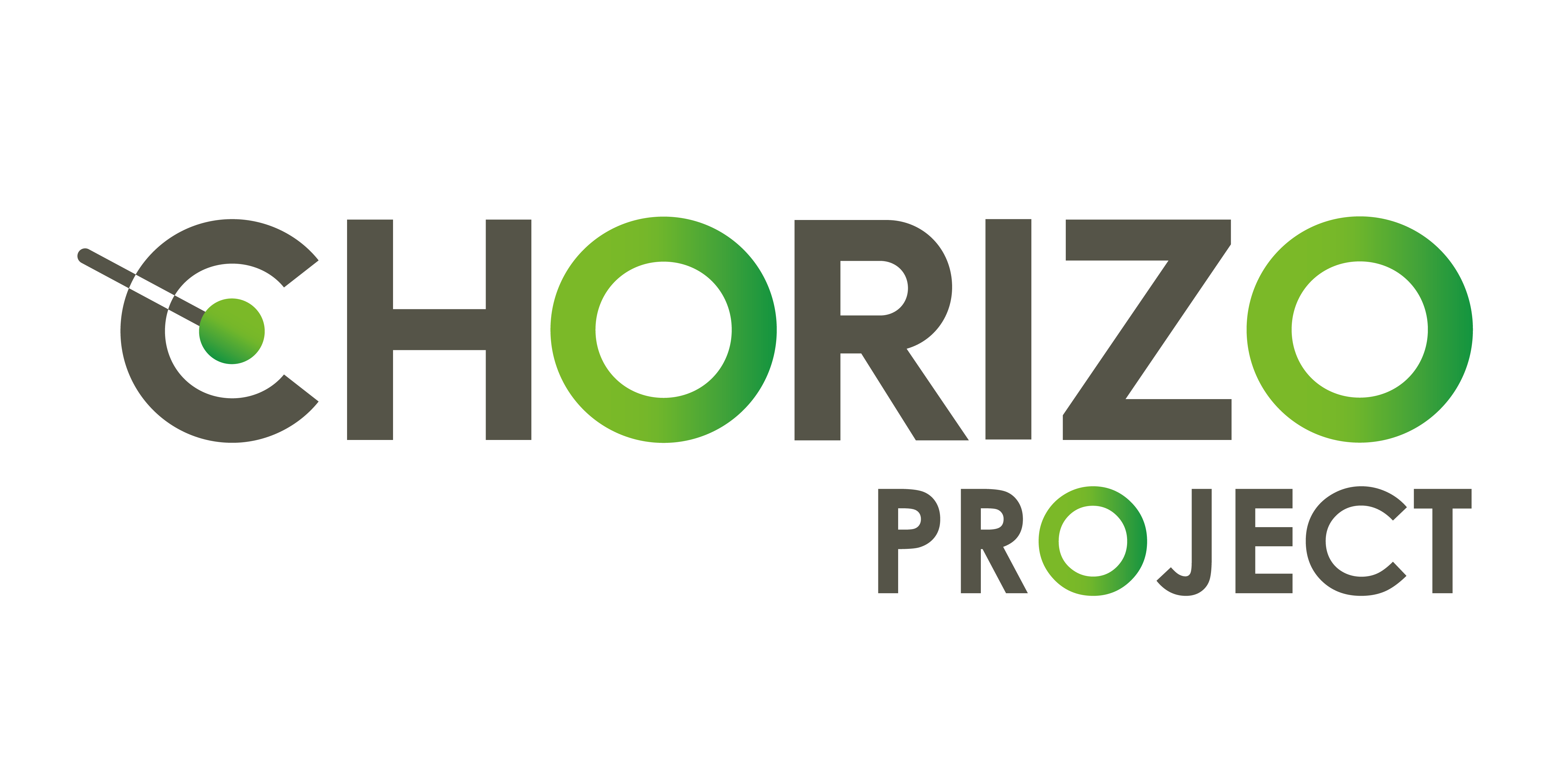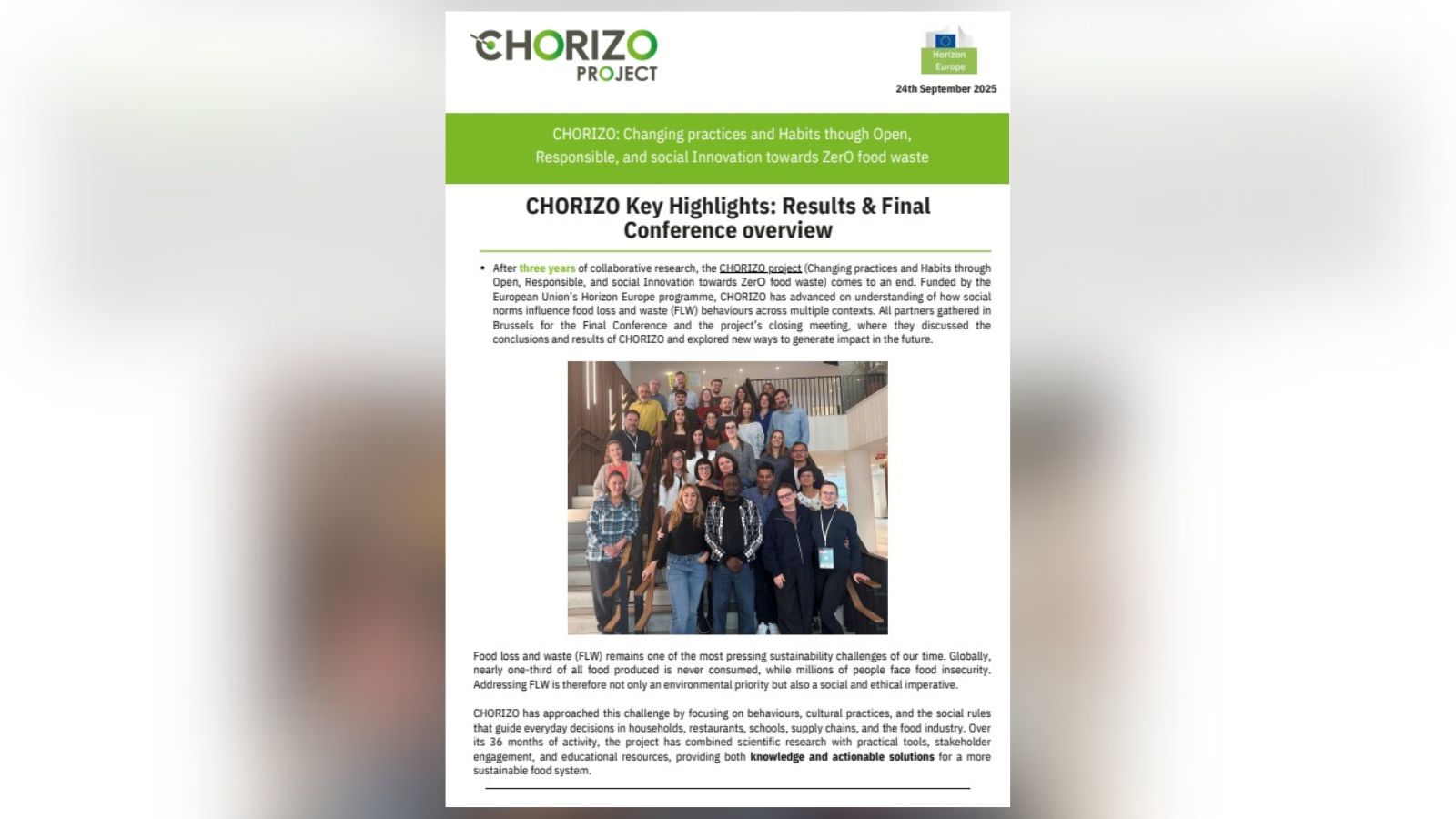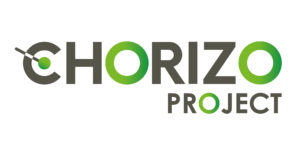In an effort to better understand which food loss and food waste (FLW) interventions have been and are currently taking place, and their existing impacts, the CHORIZO project has identified 395 actions (interventions) that address FLW across the European Union (EU) member states.
Key characteristics:
- In terms of geographical coverage, the interventions take place in all EU-27 member states, as well as the United Kingdom and Norway. They range from actions that are being implemented at the international, EU, national, regional, and municipal level.
- Although the interventions cover all stages of the supply chain from primary production to end-user consumption, the most dominant one with 84 interventions is redistribution, where the primary objective is to redistribute surplus food fit for human consumption.
- Approximately half of the interventions (196) are “prevention” actions, when classified in accordance with the food waste hierarchy pyramid. This aligns with European Commission efforts to first and foremost prevent food waste so that it does not take place. It indicates that the dominant approach is pro-active, with measures being put in place to avoid a particular situation (in this case food waste) from occurring, rather than a reactive approach of trying to find the best possible solution afterwards.
- Technology and innovation play a prominent role, with 100 of the interventions linked to technology. This is most common in the processing and manufacturing supply chain stage, which includes valorisation initiatives, but also notable in the retail and redistribution sectors via apps, on-line platforms, and software.
- In addition to the environmental benefits incurred (lowering of greenhouse gas emissions for example), when the amount of food waste was lowered, the socio-economic impacts were positive – including but not limited to, the creation of jobs, skills, increasing awareness about food waste, enhancing community cohesiveness, and providing food to those most in need.
- Two main areas which necessitate more attention in the future during the development stage of interventions: establishing a baseline and monitoring system with indicators to measure an action’s progress over time, and incorporating a gender perspective.
Looking towards the future:
The results of this research serve to provide a broad overview of what interventions are currently addressing food waste across the EU, and where possible, to expand upon how and to what extent food waste is being addressed. Within the Chorizo project, the data will be utilised to inform work in subsequent work packages, such as the modelling efforts, and the datasets about the interventions will be made available in the project’s datahub. This is data that can be built upon as more knowledge about current interventions is accumulated over time, as well as supply information which can be actively utilized during the planning and implementation of new interventions to address food waste and related public policy.




